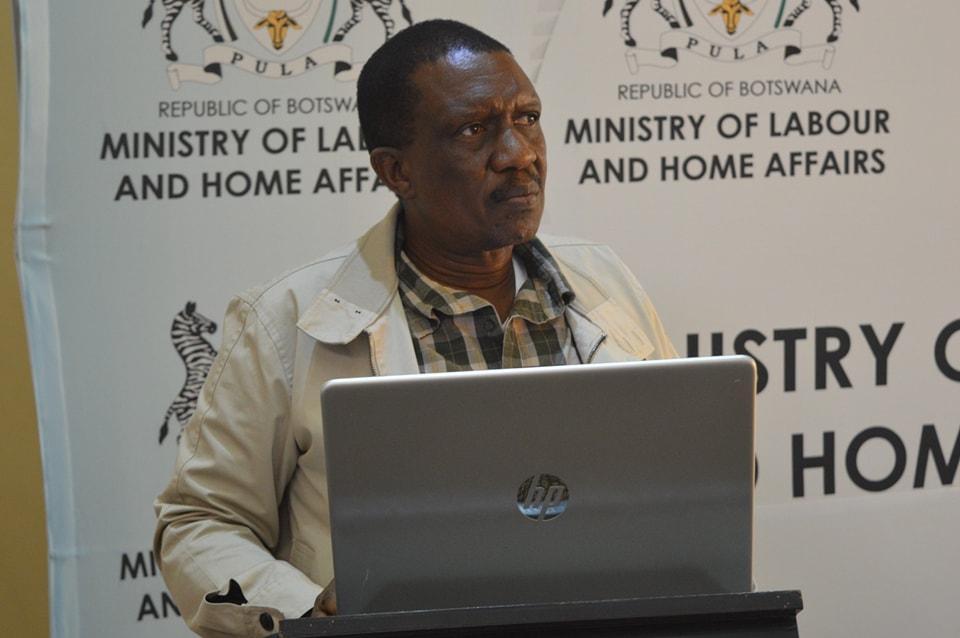Africa-Press – Botswana. African nations must harness and leverage skills within their labour markets to drive sustainable economic development.
Speaking at the Peer to peer learning and knowledge sharing workshop in Gaborone on June 10, Ministry of Labour and Home Affairs permanent secretary, Mr Jimmy Opelo highlighted the critical role of human capital in shaping Africa’s future. He said while natural resources remained important, the true wealth of the continent was in the skills and innovation of its people.
“Africa’s prosperity lies not only beneath the soil but within the minds and hands of its people. We must tap into the skills of our labour markets and create intentional movements that shape resilient, inclusive and sustainable economies,” said Mr Opelo.
He said Africa’s industrial growth, digital transition and push toward green energy must be supported by a dynamic, skilled workforce capable of adapting to changing global demands, hence called for stronger investment in vocational training, upskilling and youth integration to avert the risk of African economies lagging behind in an increasingly knowledge-driven world.
Mr Opelo further said current efforts in industrial growth, digital transformation and green energy must be underpinned by skilled labour that could adapt to changing demands. A continental shift toward vocational training, skills upgrading and youth inclusion, Mr Opelo said were necessary because without a skilled workforce, African economies risked falling behind in the global transition to knowledge and service-driven industries. He said to harness opportunities for development, labour migration remained a significant aspect of Botswana’s socio-economic landscape.
“As of 2019, approximately 86 504 Botswana nationals were residing abroad, with the majority in neighbouring South Africa,” Mr Opelo said.
He explained that the movement had historical roots, dating back to the late 19th century when many Botswana men became contract labourers in South African gold and diamond mines, establishing a regional migration corridor. Furthermore, he pointed out that Botswana’s participation in regional collaborations, such as the Southern African Development Community Labour Migration Programme underscored its commitment to harmonising migration policies, enhancing labour mobility, and protecting the rights of migrant workers.
Mr Opelo noted that integrating labour migration strategies with robust labour market data provided a unique opportunity to better manage migration, align education with job market needs, and promote informed, orderly migration.
“By leveraging data-driven insights, Botswana can align education and training, ensure that educational curricula and training programmes are responsive to the evolving demands of the labour market, both domestically and regionally,” said Mr Opelo.
African Union Commission-Employment and Migration, head of division for labour, Dr Sabelo Mbokazi explained that targeted investments in education, entrepreneurship and intra-African trade could unlock job creation while addressing inequality and climate resilience.
Dr Mbokazi said labour markets policies needed to be reviewed and called for mechanisms and strategies to establish well-functioning and effective labour market information systems, to address lack of harmonised information on labour market as well as understand the composition of the labour market
“This is not just an economic imperative, it is a continental movement, if we act boldly and strategically, Africa’s labour force will become its most powerful engine for transformation,” Dr Mbokazi said.
The four-day workshop, hosted in collaboration with African Union brought together representatives from African countries including Malawi, Ethiopia and Kenya along with international organisations, to enable policymakers to design and implement strategies that address the complexities of labour migration, including the protection of migrant workers and the prevention of irregular migration.
For More News And Analysis About Botswana Follow Africa-Press






